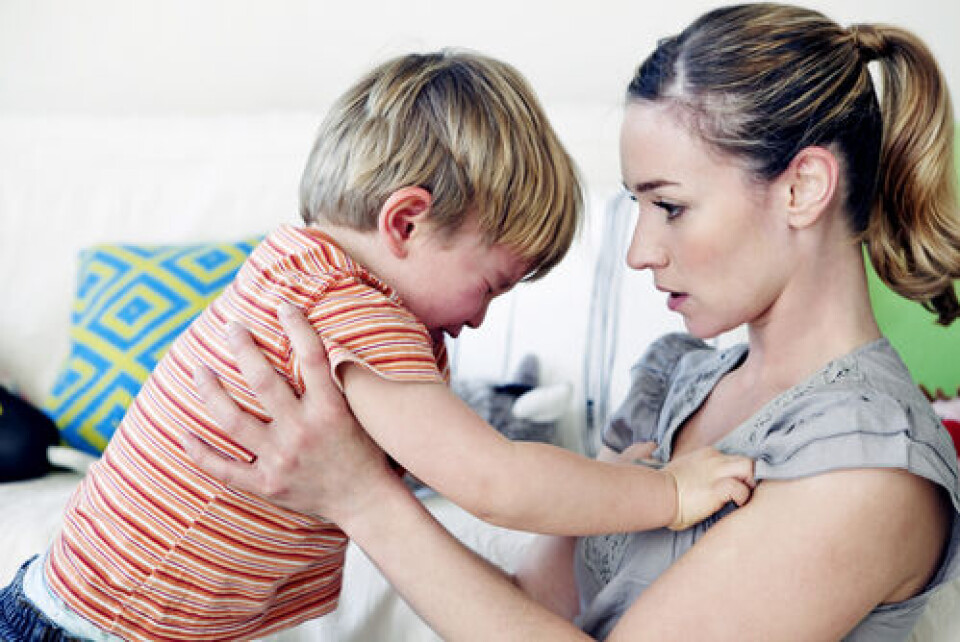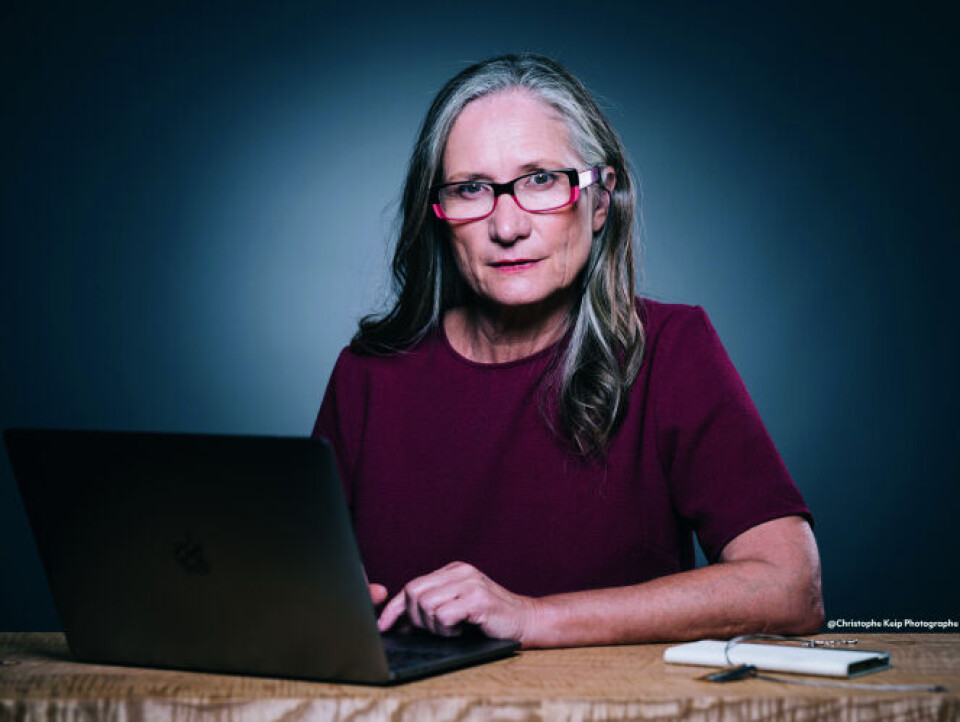-
Inheritance in France: Can lodging a child for low rent cause issues?
The French supreme court has overturned a decision by the court of appeal on what constitutes a ‘gift’ by a parent
-
‘Family discount cards’: what deals exist in France
Eligible families can apply for the card and access discounts on transport and leisure sites, but criteria apply
-
Pet care to be part of France’s school curriculum from September 2024
The new programme will aim to teach respect and compassion for pets, in a bid to fight animal mistreatment
France rolls out ‘1,000 day’ centres for parents and young children
The centres will cover conception to two years old with part of the focus on positive parenting techniques

A child’s first 1,000 days are known to be crucial to its future development.
Now a network of Maisons des 1,000 Premiers Jours, offering peer groups and workshops in parenting techniques, are opening across the country.
The 1,000 days are from conception to two years old and the centres are being set up by the government’s Comité des 1,000 Premiers Jours de l’Enfant (1000-premiers-jours.fr).
The committee’s vice-president Isabelle Filliozat explains that part of the focus is on a concept called positive parenting.

As a psychologist specialising in the technique, she has seen its popularity slowly grow throughout the country.
“Traditionalists in France resist positive parenting but it is becoming more mainstream,” she says.
Break from Freud
“It was first developed during the 1920s by therapists Alfred Adler and Rudolf Dreikurs after Adler broke away from Sigmund Freud, who claimed that relationships between mothers and children were based on subconscious sexual desires.”
Worldwide, Freud’s theories have largely been discredited but still have traction in France.
Freud’s approach to parenting was aimed at separating children from their mothers, who he claimed were inherently dangerous and toxic.
During the 20th century, new techniques emerged, which avoided traumatising children.
Positive parenting
“Positive parenting is based on scientific knowledge about childhood development and, in particular, the development of the human brain,” says Ms Filliozat.
She claims that too many parents in France shout at their children and punish them.
Although it has been illegal since 2019, some also still smack their children and use humiliating punishments.
This violence, she says, causes lifelong trauma.
By contrast, positive parenting techniques champion the harmonious development of children, to fulfil both their and their parents’ needs.
It does not consist of allowing the child to run wild or become a spoilt brat, she says.
Taking the example of a toddler finding a knife, Ms Filliozat argues that children who trust their parents and are not afraid of them will look to them for guidance when encountering an unfamiliar object, and put it down if told to.
The dangerous object can then be taken away without drama and replaced with some other interesting item.
Remain calm
“Positive parenting means that if a child throws a tantrum, the parents remain calm and affirm what is happening: ‘You are frustrated because you wanted to play with the knife but I took it away because it is dangerous.’ The idea is to place the child in safety and teach them to regulate their stress.”
This approach frames children as wanting to cooperate and connect with others.
The parents’ job is to watch them, understand their aims and help them succeed – in playing with other children, for example.
“Classic French parenting sees the child as a little monster who must be corrected, so it is normal to yell at them constantly,” says Ms Filliozat.
“It produces angry adults, who in turn shout at their children.
People need training programmes run by professionals to learn new parenting techniques, and to have calmer, less stressful family lives.”
The first Maison des 1,000 Premiers Jours was opened in November 2021 in Arras, and the aim is to set up similar centres within reach of parents all over France.
The project was started by neurologist and psychiatrist Boris Cyrulnik who had first seen the idea in Brazil and was convinced of the need to build such centres in France.
He has likened them to basecamps for mountaineers.
At the opening of a centre in Nice in January, he said: “Women are too alone with this beloved domestic tyrant called a baby.
“There have never been so many depressions while parents have never been so free to feel good and blossom.”
The 700m² Nice site has gynaecologists and paediatricians available for free consultation and there are rooms dedicated to games, children’s gymnastics, and relaxation and interaction.
Related articles
How to get involved in your child’s education in France
I deserve a gold star for choosing to raise my five kids in France
French education: Alternative schools still lag in France
























